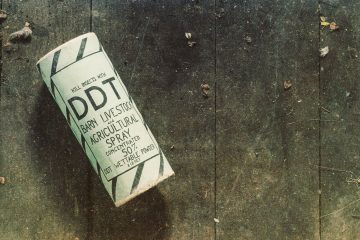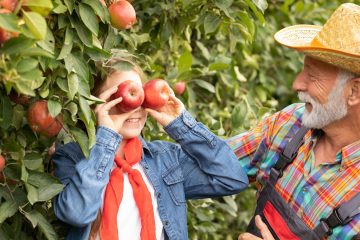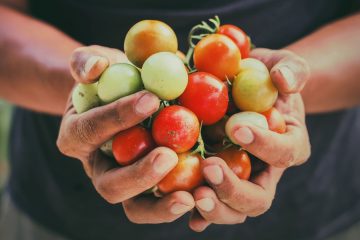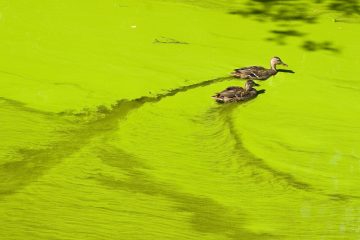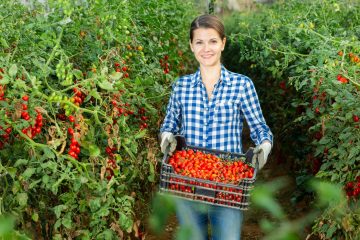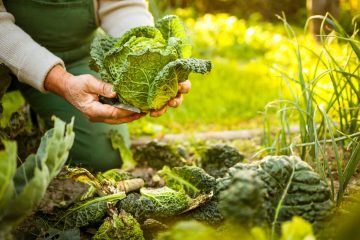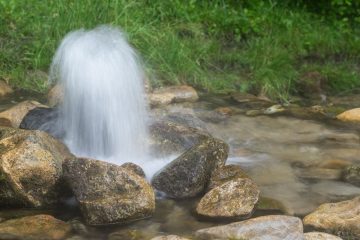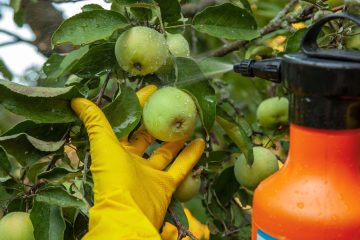You may have come across the term DDT before, but did you know it stands for Dichloro-Diphenyl-Trichloroethane? It’s not just a tongue-twister—it’s a chemical that once revolutionized agriculture, yet also left behind one of the most controversial legacies in environmental history.
Picture this: it’s the 1940s, and a pesticide called DDT is hailed as a game-changer for farmers everywhere. It effectively eradicated pests that had long plagued crops, and its success was celebrated worldwide. But that victory came at a steep price. Today, DDT is banned in most countries due to its devastating effects on the environment and human health. So how did something so promising turn into a global threat?
More and more people are turning to their own backyards and balconies to grow their own food. Whether you have a tiny balcony or a large garden, growing your own vegetables can be both rewarding and sustainable. Plus, there’s something incredibly satisfying about picking fresh veggies that you’ve grown yourself! So, why not jump on the edible gardening trend?
Not sure where to start? Don’t worry—we've got you covered with these practical tips to grow your own delicious, healthy veggies!
In today's fast-paced world, mental health has become an increasingly important part of our overall well-being. But did you know that spending time in green spaces, like gardens, farms, or even your local park, can do wonders for your mental health? It’s true! Agriculture and green spaces don’t just feed our bodies—they can also nurture our minds.
Have you ever stopped to think about where your food comes from? Beyond the supermarket shelves lies an intricate system of farmers, resources, and processes that feed the world. But as the global population grows, the agricultural sector faces mounting challenges—climate change, depleting natural resources, and the environmental impact of industrial farming. Traditional practices simply won’t suffice in feeding a projected 9.7 billion people by 2050.
You may have heard of “eutrophication,” a term that sounds more complicated than it really is. It simply means “well fed,” and it was first introduced by German botanist Weber in 1907. In Lebanon, this process is causing serious environmental issues, especially in the Karaoun Reservoir and our coastal waters. Let’s break down what eutrophication is, why it’s a problem, and how we can tackle it.
What is Food Safety and Why is it Important? Food safety encompasses all measures and conditions necessary to control hazards...
1. Integrated Systems Permaculture is a way of farming and managing land that takes inspiration from natural ecosystems. It aims...
Causes of Groundwater Depletion Groundwater depletion occurs when water is withdrawn from aquifers faster than it can be naturally replenished....
What is Food Safety and Why is it Important? Food safety involves managing and controlling hazards to ensure that food...


